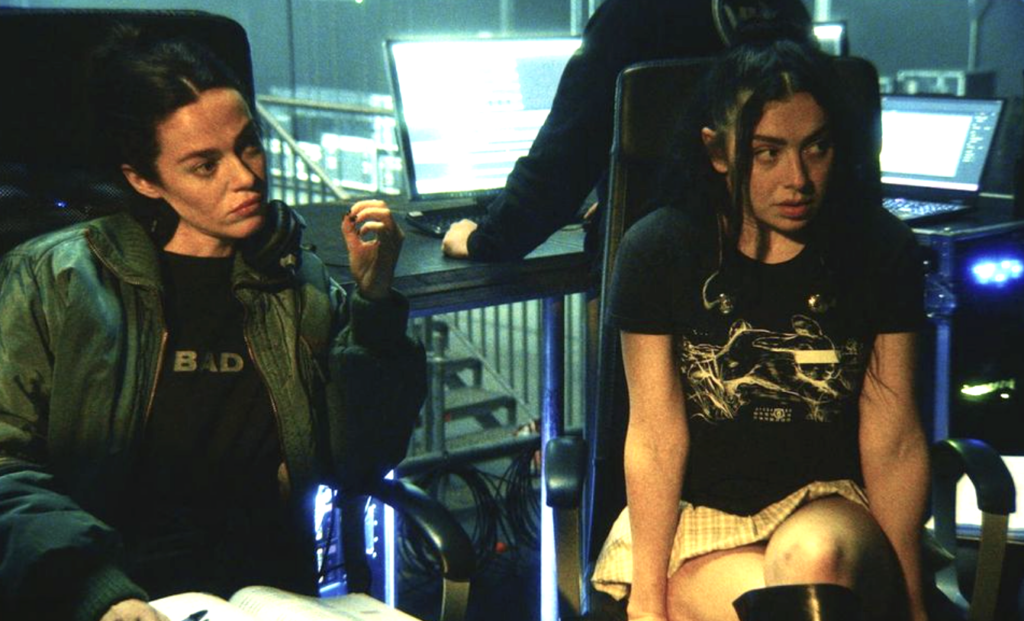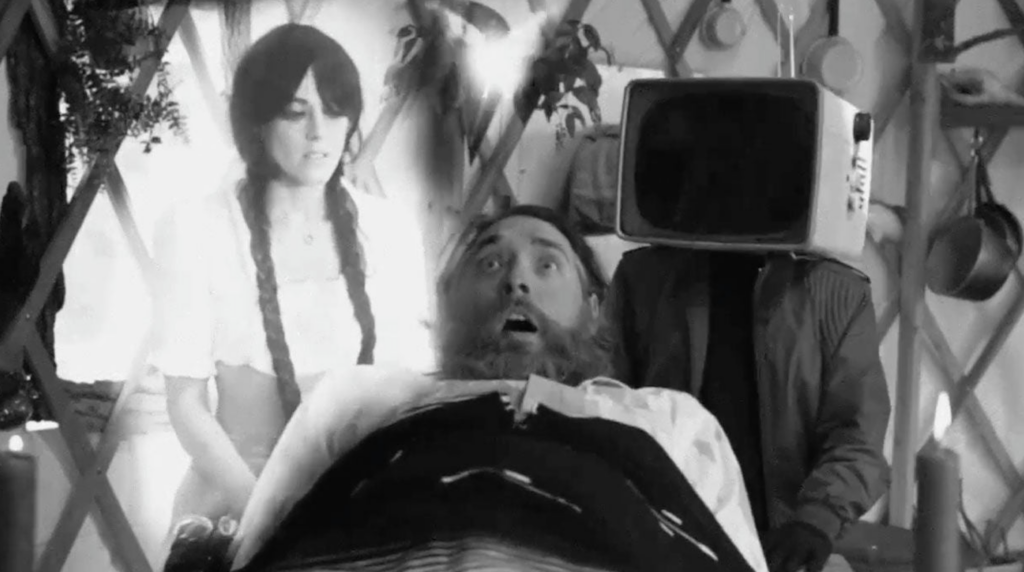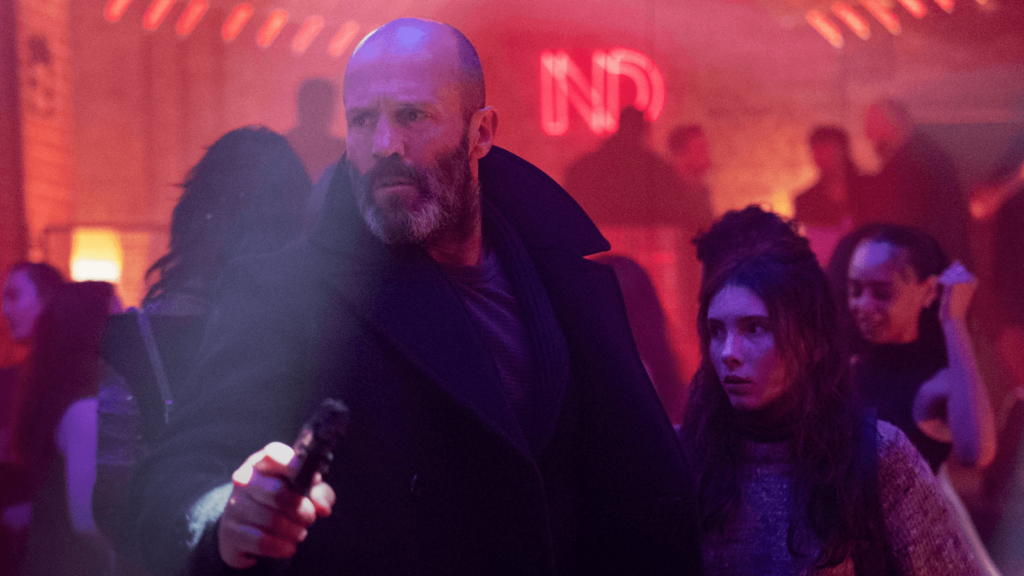Clint Bentley’s Train Dreams considers the enormity of a life through a long lens
When I say Denis Johnson’s 2011 novella Train Dreams is the kind of book my grandpa would like, I mean it in the most complimentary way possible.
My grandpa, like a lot of Greatest Generation grandpas, experienced much in his lifetime—he lived through the Great Depression, served in World War II, witnessed Vietnam, Watergate and the technological leaps of the early 2000s—but never processed those experiences externally. He liked stories about people who lived simple, often hard existences. He liked characters who got through their lives a day at a time while wondering about the world around them in small, introspective ways.
Johnson’s story of Robert Grainier, a logger and railroad worker living in the Pacific Northwest at the turn of the 20th century, is characterized by spare, matter-of-fact prose that belies deep, unexpressed emotion. It’s the kind of story where not much happens, but also everything happens, which can be difficult to effectively convey in a film adaptation. It’s not an easy thing to let a story breathe, to reject the impulse to pack every moment with dialogue or action.
Thank goodness Clint Bentley, the director and co-writer of the new film adaptation of Train Dreams, has good instincts.
Bentley’s film, adapted with Greg Kwedar (they’re the same folks behind last year’s heartbreakingly lovely Sing Sing) is a wise, loving interpretation of Johnson’s book. It softens a few of the book’s thornier edges in necessary places, and expands others to more deeply explore the central themes of wonder, grief and personal connection. It vibrates with empathy, natural beauty and love.
Train Dreams follows Grainier (Joel Edgerton) from his early adulthood circa WWI to his death in the 1960s. In between, Grainier meets his wife Gladys (Felicity Jones), starts a family and works on numerous logging crews where he makes valuable friendships and has brief, often shocking encounters with violence—both accidental and intentional—that haunt him his whole life. Grainier experiences soul-shaking loss and unexpected grace, and watches the world slowly change around him.
Similar to Mike Flanagan’s Stephen King adaptation The Life of Chuck from earlier this year, Train Dreams emphasizes the importance and complexity of every life, the small marks we leave behind on the world and on each other. Bentley, however, is deeply rooted in the real, not the fantastic. He takes visual cues from filmmakers like Terrence Malick, observing the beauty of a sunset alongside Grainier and Gladys, or focusing on lichen growing on a pair of abandoned boots, or the lines on a person’s face when they speak. It’s meditative in its exploration of empathy.
As Grainier, Joel Edgerton anchors the film with a deceptively simple performance. Grainier’s complexities are all interior, often obscured by plain-spoken words that struggle to express what he’s feeling. Edgerton conveys those emotions with warmth and subtlety. In doing so, he takes a character who could seem distant and inscrutable on the page and makes him instantly understandable, representative of dozens of people we’ve all met and can quickly recognize.
He’s backed up by an ensemble of memorable characters. William H. Macy gives a haunting performance as an explosives handler. Nathaniel Arcand plays a general store owner who pays Grainier unexpected kindness. Kerry Condon is a particular highlight as a philosophically inclined Forest Service employee whom Grainier connects with later in life. All of them (and many others) have small and indelible parts to play as Grainier’s life unfolds before us.
It’s been encouraging in recent years to see movies that tend toward valuing presence, character and relationship over complex plotting and propulsive action—movies that allow the viewer to simply exist in the presence of interesting people and get to know them.
In that regard, Train Dreams sits right alongside movies like Sorry, Baby, Perfect Days and Janet Planet as a platonic ideal of the form. This isn’t a loud movie (though some loud stuff does happen). It’s the kind of film that burrows its way into your heart and mind and invites you to have long conversations afterward. I’m only sorry my grandpa isn’t around to talk to about it.






